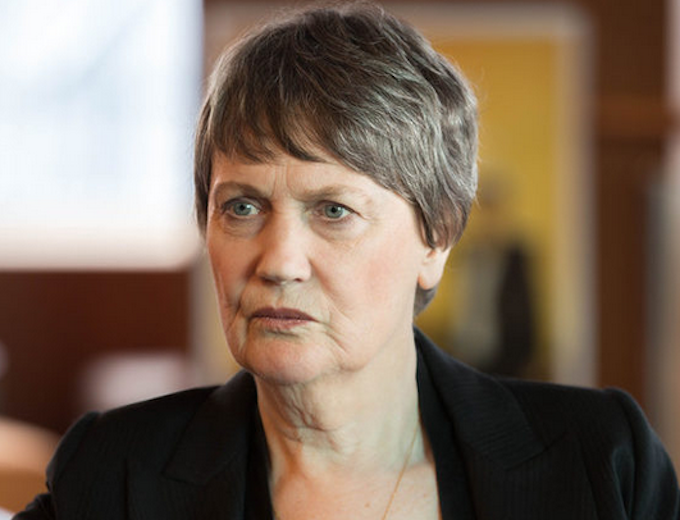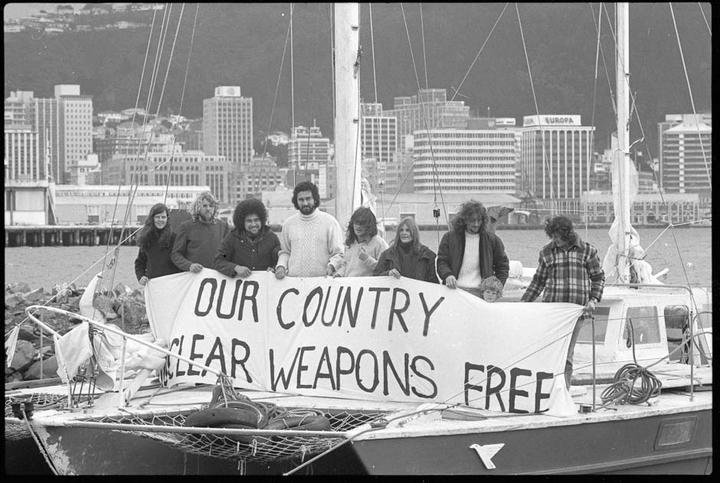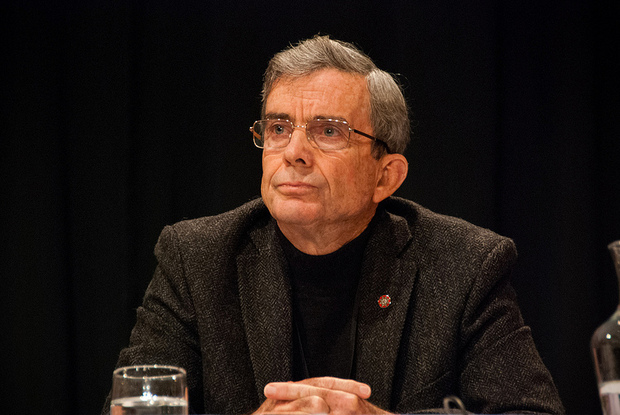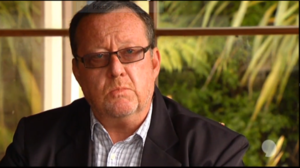
INDEPTH: By Guyon Espiner,
New Zealand has lost some of its independence within the Five Eyes intelligence alliance and been “drawn in a lot closer” to the US-led spy network, former Prime Minister Helen Clark says.
She made the comments in new RNZ podcast The Service, which looks at the SIS during the Cold War.
Sir Geoffrey Palmer, who was deputy prime minister and then prime minister in the fourth Labour government, between 1984 and 1990, also spoke to the podcast about the Five Eyes, saying for New Zealand there was “always a feeling that we have to earn our stripes”.
THE RNZ PODCAST SERIES: The Service – The state, secrets and spies
“I remember doing things that the Americans wanted done on one occasion. I don’t think I can give the details of it. But it was quite important to them. And we facilitated it, and it was done.”
He also revealed that during the mid-1980s one of the Five Eyes partners knew more than most New Zealand Cabinet ministers about intelligence gathering by the Government Communications Security Bureau (GCSB).
When then-Australian Defence Minister Kim Beazley visited, he wanted to thank New Zealand Cabinet ministers for establishing the GCSB listening post at Waihopai, near Blenheim.
“I said, ‘Kim, you can’t do that. They don’t know anything about it.’ Only three ministers knew about that; the minister of defence, the prime minister and me,” Palmer said.
Clark said she believed the Five Eyes alliance was a net benefit for New Zealand, but it was vital that the country maintained its independence within the network.
“I think you’re as independent as you want to be. I consider we were independent in my time. I sense there’s been a bit of slippage since then, frankly.”
Clark said “sources in officialdom” had told her New Zealand had “got a lot closer back in” and that could threaten the country’s independent foreign policy, which went right back to the nuclear-free stance of the mid-1980s.
The nuclear-free law, which stopped port visits from US ships and saw New Zealand fall out of the ANZUS security pact, sparked the suspension of military exercises between the two countries.

But while the US and New Zealand parted ways on a political level – the relationship was downgraded from allies to friends – the flow of intelligence continued, according to Sir Bruce Ferguson, a former chief of Defence Force who went on to head the GCSB.
“I got everything I wanted. Right from when I became CDF, if I asked the questions, particularly with reference to Afghanistan, we got the answers, we got the intelligence,” he told The Service.
“There were definitely two levels: there was the political level … and the worker bee level. That was us – the intelligence side.”
Sir Bruce said he was plucked from obscurity to study at a US war college at the height of the anti-nuclear row. After he became GCSB director, he developed close relationships with Five Eyes spy chiefs, even playing golf “many times” with the heads of the NSA, CIA and FBI.
“We had very good, very strong relationships with all the personnel at the top. It was a very personal relationship, actually, with dinner at private houses. I would always be invited to their private houses for dinner with their families.”

Sir Bruce acknowledged there were often complaints – even from ‘friendly’ countries – about Five Eyes tactics, such as allegations that the NSA had hacked German Chancellor Angela Merkel’s phone.
“All those complaints are public knowledge. And that’s the way of the world. Yes, anyone’s fair game if it’s in your own national interests to look at them. And that could be for economic reasons, or whatever,” he said.
“There’s one very strong club: The Five Eyes. It’s jealously guarded. It’s looked on very enviously by probably every other western nation.”
He said people might ask why this group of five English-speaking countries was special or unique. “Well, they are unique. End of story. And we should safeguard that.”

Security expert Paul Buchanan, a former intelligence analyst for US security agencies, told The Service there were benefits to New Zealand but the downsides to Five Eyes should also be acknowledged.
“It’s made us a target,” he said. “Even though many people here may not think that, we’re squarely in the crosshairs of the intelligence services of adversaries of the UK, the United States, the whole Western alliance structure – we are.”
Because the bonds were so tight, and the eavesdropping equipment and methods so sensitive, Buchanan doubted New Zealand could extricate itself from the alliance, even if it wanted to.
“Trying to get out of the Five Eyes is – how can I put it? – it’s like trying to get out of the mafia.”
The Service was made with the support of New Zealand on Air.
More from this series
- Listen to The Service podcast
- SIS spied on Labour MP Richard Northey
- Geoffrey Palmer reveals KGB tried to infiltrate Labour Party
- Spy secret revealed: SIS and MI6 raided Czech embassy in Wellington
- SIS Minister Andrew Little refuse to deny signing off on embassy break-ins
- John Daniell on growing up around spies
This article is republished by the Pacific Media Centre under a partnership agreement with RNZ.












































